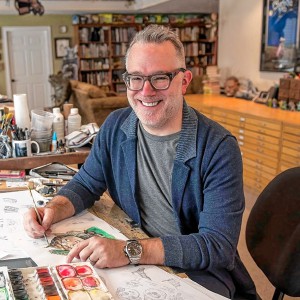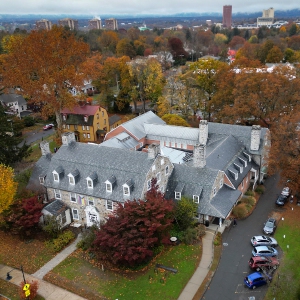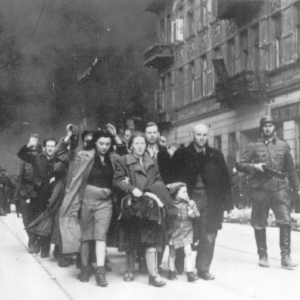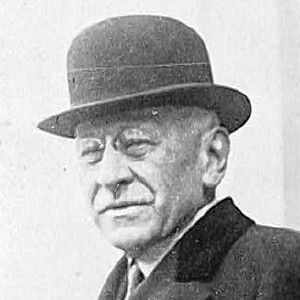Guest columnist Maria José Botelho: Obituaries hold time still on others’ lives

mactrunk mactrunk
|
Published: 01-25-2024 11:01 AM
Modified: 01-25-2024 7:50 PM |
I’m grateful to find out that there’s another faithful reader (and writer) of obituaries in our community [“There’s just a lot of life in the obits” by Marietta Pritchard, Gazette, Jan. 3].
I have been reading obituaries since I could read in English at the age of 11 years old. I was 7 years old when my family immigrated to Massachusetts from the Azores, and Portuguese was my first language. Perhaps I gravitated to this genre because, in my culture, death was not kept from young children. It was all around as we attended the wakes and funerals of our aunts, uncles, grandparents, neighbors, and, sometimes, of younger family and community members.
My earliest memory is of my Aunt Irene’s wake. I was just 2 years old. The wakes were curated by family members and in the homes of those of who had passed away. We gathered to pray and mourn.
When the person was brought to the cemetery by their family members, the village stood at a standstill as the coffin and procession passed by. We deeply felt the sacredness of each life. We didn’t take life or people for granted.
We asked the elders of our families for their blessings when we greeted and left them. We would ask our father, for example: “Papa, sua benção.” (Papa, may I have your blessing?) He would reply: “Deus te abençoe.” (May God bless you.) These interactions fostered a deep respect for our elders, for life.
Reading obituaries is reverence. They honor those who have been here. My reading of these obituaries holds time still as I meet and contemplate the lives of community members, some I know and others I come to know. These mini-biographies often remind me that love of family, community, work and the Earth is all we need.
Reading obituaries is a form of resistance, too, as we challenge our culture’s obsession with staying young. Many of us have noticed that indeed, “life has a way of ending.” Obituaries are one way of amplifying the lives that have come and gone as well as punctuating our days as we live and “huddle … under the roof[s] of [their last] paragraph[s].”
Article continues after...
Yesterday's Most Read Articles
 Granby Bow and Gun Club says stray bullets that hit homes in Belchertown did not come from its range
Granby Bow and Gun Club says stray bullets that hit homes in Belchertown did not come from its range
 ‘Home away from home’: North Amherst Library officially dedicated, as anonymous donor of $1.7M revealed
‘Home away from home’: North Amherst Library officially dedicated, as anonymous donor of $1.7M revealed
 Super defers Amherst middle school principal pick to successor; one finalist says decision is retaliation for lawsuit
Super defers Amherst middle school principal pick to successor; one finalist says decision is retaliation for lawsuit
 Back to the screen: Amherst authors’ popular ‘Spiderwick Chronicles’ gets a new streaming adaptation
Back to the screen: Amherst authors’ popular ‘Spiderwick Chronicles’ gets a new streaming adaptation
 Annette Pfannebecker: Vote yes for Shores Ness and for Deerfield
Annette Pfannebecker: Vote yes for Shores Ness and for Deerfield
 Sole over-budget bid could doom Jones Library expansion project
Sole over-budget bid could doom Jones Library expansion project
Maria José Botelho is professor of Language, Literacy & Culture of the College of Education at the University of Massachusetts Amherst. She specializes in critical literacies, K-12 pedagogies that consider the social construction of literature, digital media, and other texts as well as the social and academic possibilities of text production.

 Guest columnist Rudy Perkins: Dangerous resolution pins ‘aggression’ on Iran
Guest columnist Rudy Perkins: Dangerous resolution pins ‘aggression’ on Iran Richard S. Bogartz: What the ghosts of Warsaw Ghetto know
Richard S. Bogartz: What the ghosts of Warsaw Ghetto know Guest columnist Dr. David Gottsegen: Age issue not so key as question of marbles
Guest columnist Dr. David Gottsegen: Age issue not so key as question of marbles Guest columnist Martha Hanner: Spirit of philanthropy can uplift so many others
Guest columnist Martha Hanner: Spirit of philanthropy can uplift so many others